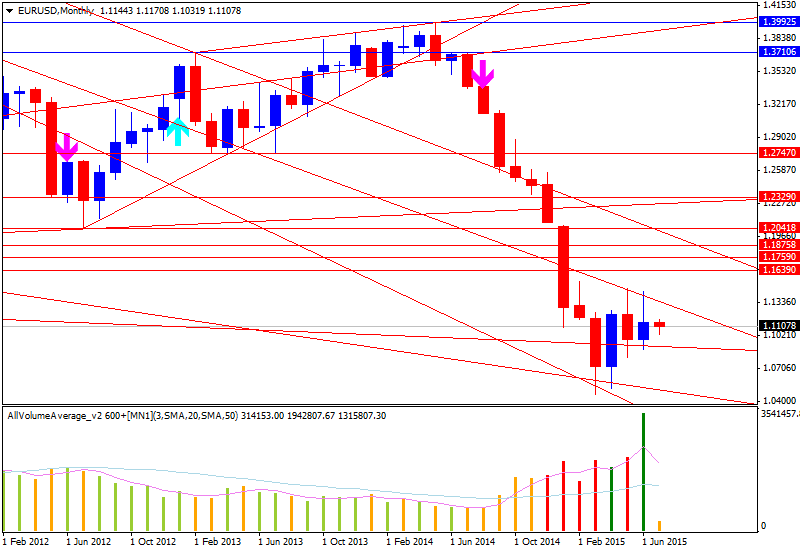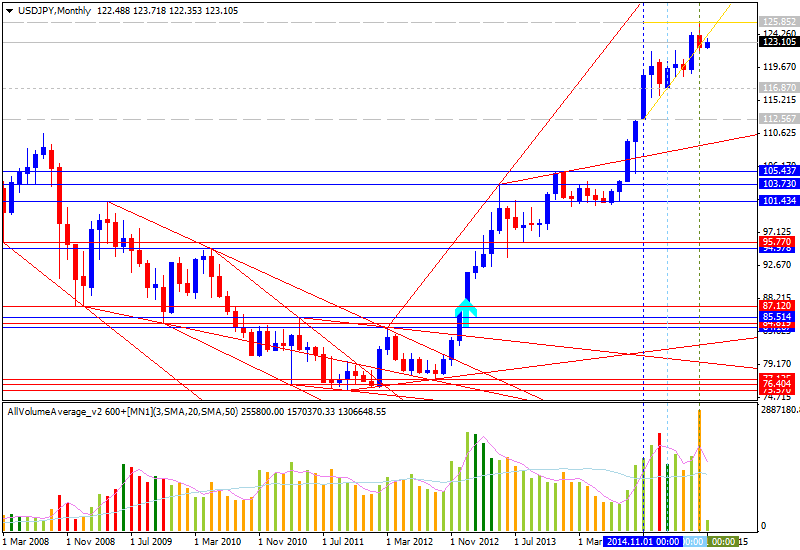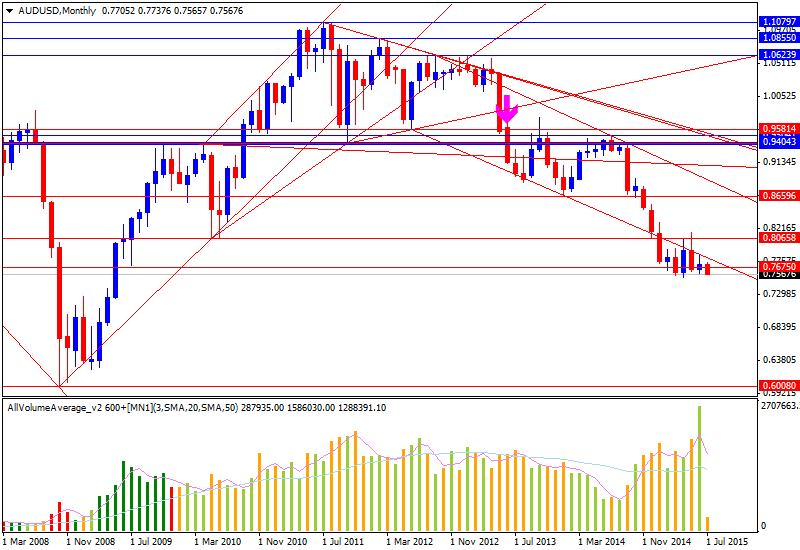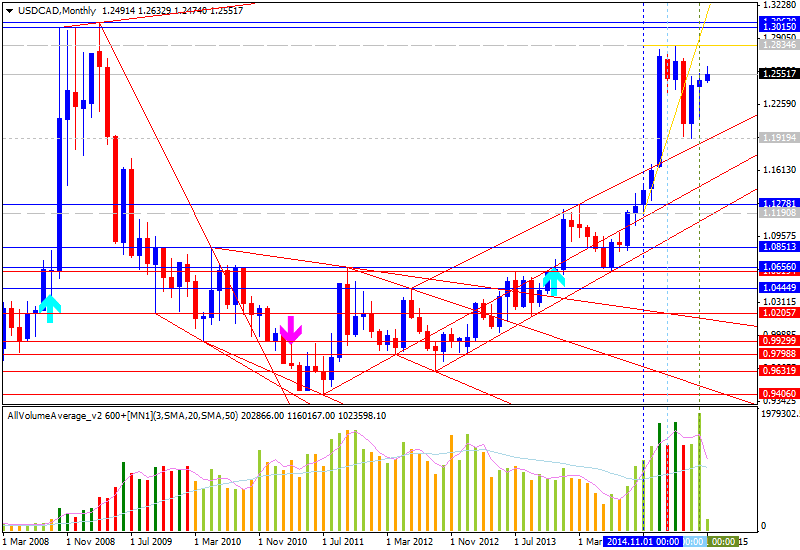Skandinaviska Enskilda Banken - Long-Term Tech Outlook for EURUSD, USDJPY, AUDUSD and USDCAD
EURUSD: "The market has distanced a long-term overstretch and support at a lower trendline, both likely restricting the maneuverable area below in the short-term timeframe perspective. Should a recent 1.1468 high be taken out. there would be an increased possibility for correctional extension towards 1.1640\1.1830 or even 1.2040 before (down) trend forming forces regains the initiative again."
USDJPY: "The stretch is after all having some impact since the market failed to make further upside progress last month. The monthly candle printed may look insignificant at first sight, but it's a potential bearish prelude, but for it to bite, time spent below 122 is needed - then with a short- medium* term aim at 118.50/115.55."
AUDUSD: "From a long-term technical point of view not much changed last month. The descending yearly exponentially weighted moving average band (0.8130\0.8500) should continue to cap any attempt to rally the market. Loss of support at 0.7540 would target 0.7010 next."
USDCAD: "An inter-month dip was well responded to last month. Conditions remain bullishly convincing and below 1.30 there is no long-term stretch, so upside medium-term extension should be expected over summer, more after the recent break through short-term resistance at 1.2563. Gains through 1.3070 would target 1.3410\70 next. Loss of medium-term support at 1.1920 would however be reason to review a bullish stance."
the source


 LinkBack URL
LinkBack URL About LinkBacks
About LinkBacks











 Reply With Quote
Reply With Quote

Bookmarks